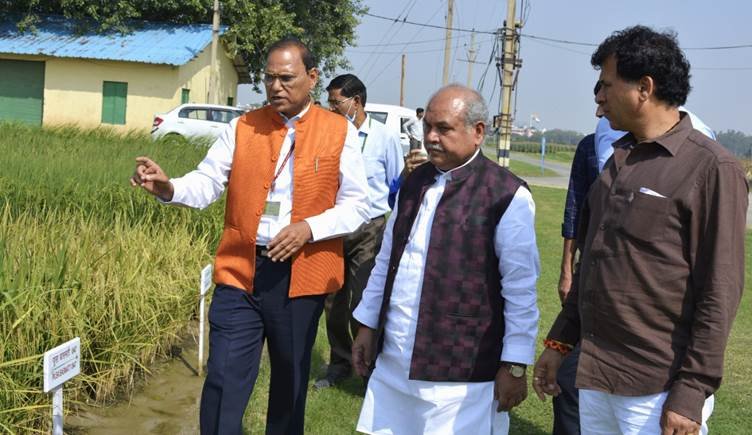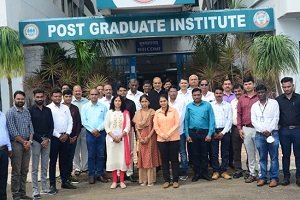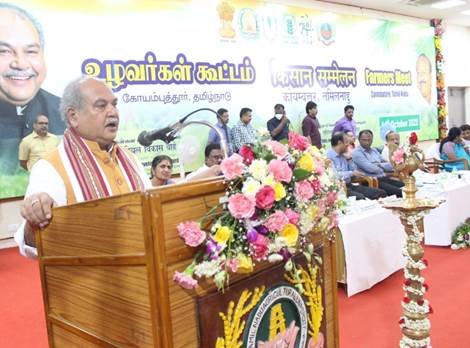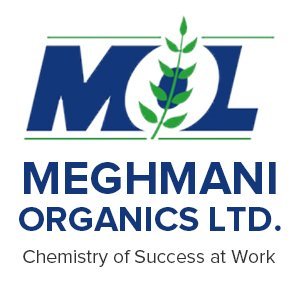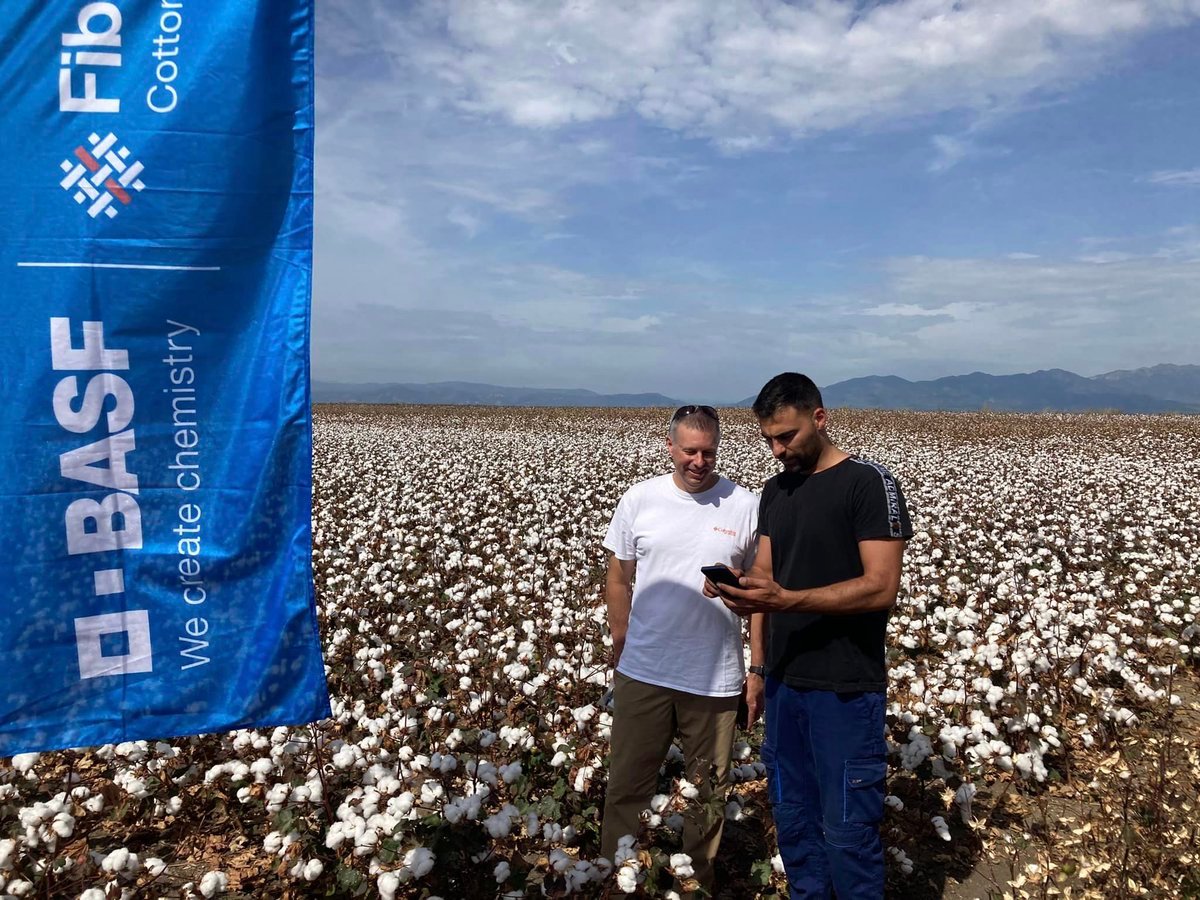The company is working with 16 agribusinesses to help farmers navigate a complex soil carbon market in the United States
As the voluntary agricultural carbon credit market continues to grow in value, Indigo Agriculture announced an additional seven carbon farming collaborators have joined the effort to help farmers access this new sustainability-focused revenue stream. Working with Indigo to reach 30 states representing nearly 80 per cent of U.S. cropland, the companies offer wide-ranging expertise, with capabilities across finance, inputs, data management, and more. Indigo’s collaborative approach equips farmers with the flexibility to enter the carbon market supported by advisers in their communities that they already know and trust, a key consideration for those looking to get started.
To date, companies including AcreValue, Compeer, Corteva Agriscience, FarmTogether, GROWMARK, Landus, Midwestern BioAg, National Indian Carbon Coalition, and Verdova have collaborated with Indigo to help farmers begin their carbon farming journeys alongside their trusted advisors on over 1.8 million acres. These enablement efforts have helped bring the total number of acres working to generate the industry’s highest-quality credits with Indigo to over 5.5 million.
Indigo’s carbon program is supported by a network of premium credit buyers (including global brands like JPMorgan Chase, Ralph Lauren Corporation, The North Face, and Barclays). As the market for agricultural carbon continues to grow, credits have already been pre-ordered for as high as $40/credit (a 100 per cent increase since the program’s launch). Farmers take home at least 75 per cent of the credit sale price with Indigo’s market-based pricing approach. A second round of payments to participating farmers is anticipated later this year, with farmers earning $30 per verified credit produced and sold in the 2020 and 2021 crop years.
“Whether driving quality in the market today or designing resources and learning tools to demystify carbon farming, we’re working hard to make sure the carbon market works for farmers. That’s why these ag industry collaborations are so important. We want farmers to work with people they know and trust to learn about and participate in Indigo’s carbon program,” Heather Gieseke, VP Commercial, Carbon at Indigo Ag said.
Since launching the first collaboration approximately a year ago, the network has grown substantially. Seven new organisations have recently joined the effort to support scaling ag sustainability solutions by helping their customers enter the carbon market with Indigo. Today, the company, which was recently issued the world’s first crop of verified ag carbon credits produced at scale, is working with a total of 16 agribusinesses to help farmers navigate a complex soil carbon market and confidently get started on their carbon farming journeys.
The company is working with 16 agribusinesses

